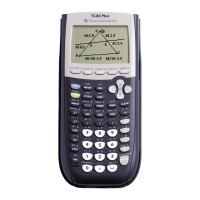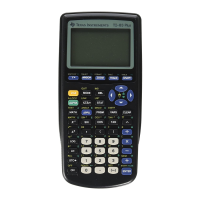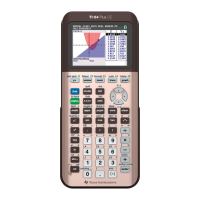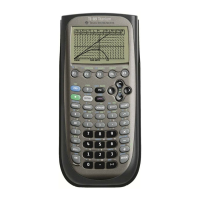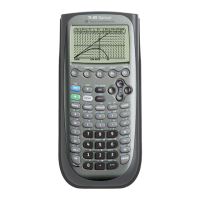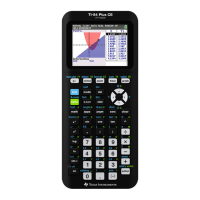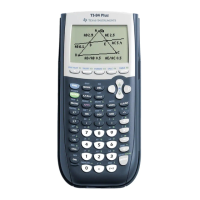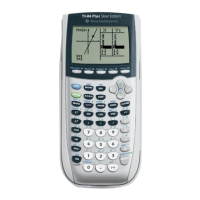* (multiply)
expr1 * expr2
Return the product of expr1 and expr2
list1 * list2
Return list whose elements are the products of
the corresponding elements of list1 and list2.
List dimensions must be equal.
matrix1 * matrix2
Return the matrix product of matrix1 and
matrix2. The number of rows of matrix1 must
equal the number of columns of matrix2.
expr * list
list * expr
Return list where each element is each list
element multiplied by expr.
expr * matrix
matrix * expr
Return matrix whose elements are the product
of expr and each element of matrix. This is the
same as .* (dot multiply).
/ (divide)
expr1 / expr2
Return the quotient of expr1 divided by expr2
list1 / list2
Return list whose elements are the quotients of
the corresponding elements of list1 and list2.
List dimensions must be equal.
expr / list
list / expr
Return list where each element is the quotient of
expr divided by each list element, or each list
element divided by expr.
matrix / expr
Return matrix whose elements are the quotient
of each element of matrix divided by expr. Use ./
(dot divide) to divide an expression by each
matrix element.
- (negate)
-expr
-list
-matrix
Return the negation of the argument. If the
argument is a binary or hexadecimal integer,
return the two's-complement.
% (percent)
expr%
list%
matrix%
Return (argument/100)
= (equal)
expr1 = expr2
list1 = list2
matrix1 = matrix2
Return True if first argument can be determined
to be equal to second argument. Return False if
first argument cannot be determined to be equal
to second argument. Otherwise, return a
simplified form of the equations. For list and
matrix arguments, return element-by-element
comparisons.
≠
≠≠
≠ (not equal)
expr1 ≠
≠≠
≠ expr2
list1 ≠
≠≠
≠ list2
matrix1 ≠
≠≠
≠ matrix2
Return True if first argument can be determined
to be not equal to second argument. Return
False if first argument can be determined to be
equal to second argument. Otherwise, return a
simplified form of the inequality. For list and
matrix arguments, return element-by-element
comparisons.
< (less than)
expr1 < expr2
list1 < list2
matrix1 < matrix2
Return True if first argument can be determined
to be less than second argument. Return False
if first argument can be determined to be greater
than or equal to the second argument.
Otherwise, return a simplified form of the
inequality. For list and matrix arguments, return
element-by-element comparisons.
≤
≤≤
≤ (less than or equal to)
expr1 ≤ expr2
list1 ≤ list2
matrix1 ≤ matrix2
Return True if first argument can be determined
to be less or equal to the second argument.
Return False if first argument can be determined
to be greater than the second argument.
Otherwise, return a simplified form of the
comparison. For list and matrix arguments,
return element-by-element comparisons.
15 - 28

